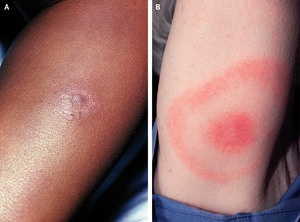Alzheimer's - Dementia, Author Interviews, Cost of Health Care, Medicare, UCLA / 15.10.2024
Wasted Alzheimer’s Drug Can Cost Medicare Hundreds of Millions Annually
MedicalResearch.com Interview with:
Frank F. Zhou | he/him
MD Candidate, Class of 2025
David Geffen School of Medicine at UCLA
MedicalResearch.com: What is the background for this study? What is Lecanemab used for? How is it given to patients?
Response: Lecanemab is a new infusion therapy for Alzheimer's disease. Its dosing is based on each patient's body weight (10 mg/kg every two weeks), but the drug is only available in 500 mg and 200 mg single-use vials, meaning that any leftover drug in vials must be thrown away. Given that lecanemab is expected to cost Medicare billions of dollars each year, we hypothesized that discarded drug could result in significant wasteful spending. (more…)







